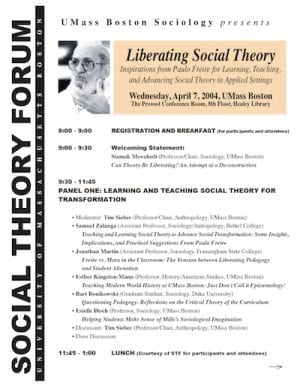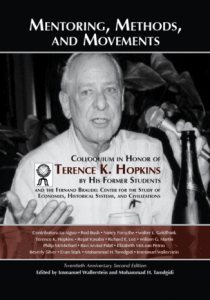Proceedings Journal Article — Critical Pedagogy of Writing: Evaluation of Possibilities and Limitations in the Context of Authoritarian Japan — by Rika Yonemura
$15.00
This paper draws on the Marxist pedagogy of a writing movement (tsuzurikata) in Japan in the 1930s and 40s. By analyzing the discursive resonancebetween Marxist critical pedagogical and self-revitalization of rural Japan under the military regime, the paper argues that the rise of the Japanese authoritarian military regime was a concomitant process with the discursive practices to produce the autonomous, self-disciplining self. This process involved the displacement of the cultural sphere of “self” into the political sphere, which consequently aided the state control and mobilization of the volunteering individual.
Description
Abstract
This paper draws on the Marxist pedagogy of a writing movement (tsuzurikata) in Japan in the 1930s and 40s. By analyzing the discursive resonance between Marxist critical pedagogical and self-revitalization of rural Japan under the military regime, the paper argues that the rise of the Japanese authoritarian military regime was a concomitant process with the discursive practices to produce the autonomous, self-disciplining self. This process involved the displacement of the cultural sphere of “self” into the political sphere, which consequently aided the state control and mobilization of the volunteering individual. I argue that tsuzurikata pedagogy emerged at the very intersection between the yearning of the autonomous self and theemergence of a new type of state power which was parasitic on the autonomy of the self. Pedagogy of writing sought to find an alternative form ofpolitical subjectivity intimately contextualized in the immediacy of everyday life, but was consequently appropriated and submerged in the statemobilization in the total war system.
Recommended Citation
Yonemura, Rika. 2004. “Critical Pedagogy of Writing: Evaluation of Possibilities and Limitations in the Context of Authoritarian Japan.” Pp. 59-68 in Liberating Social Theory: Inspirations from Paulo Freire for Learning, Teaching, and Advancing Social Theory in Applied Settings: Proceedings of the First Annual Social Theory Forum, April 7, 2004, UMass Boston (Discourse of Sociological Practice, Vol. 6, Issues 2, Fall 2004). Issue Guest Editor: Mohammad H. Tamdgidi. Sociology Department, UMass Boston.
Read the Above Publication Online
To read the above publication online, you need to be logged in as an OKCIR Library member with a valid access. In that case just click on the large PDF icon below to access the publication. Make sure you refresh your browser page after logging in.






